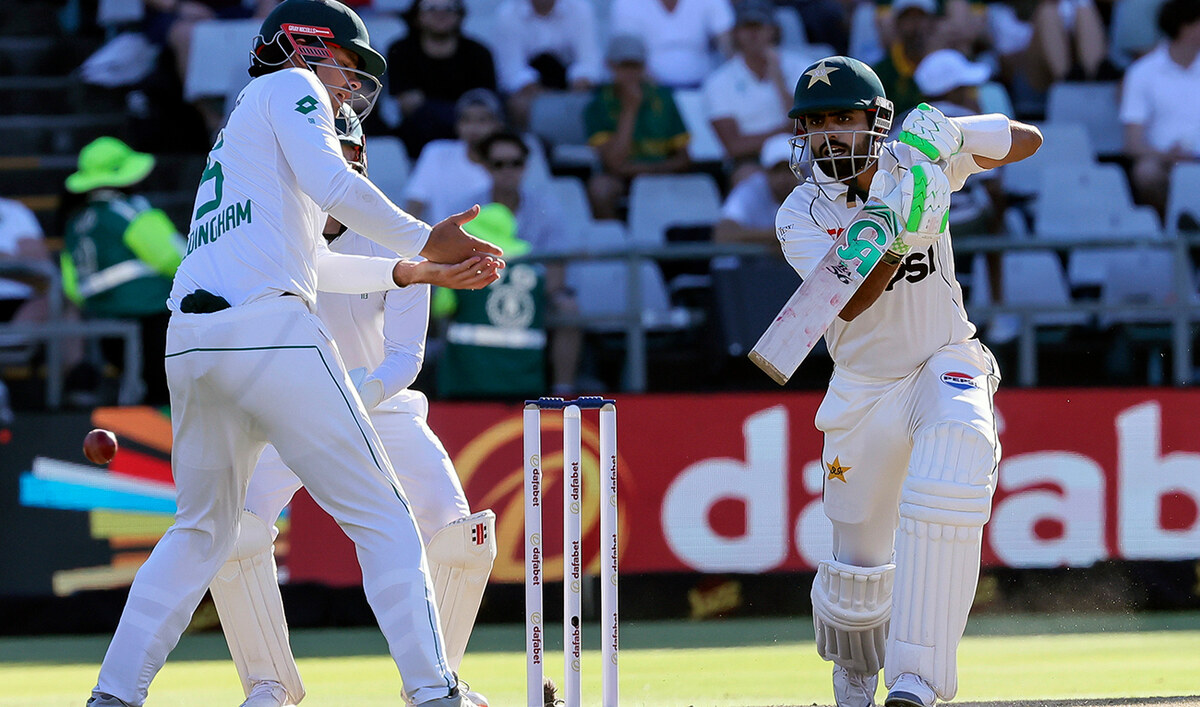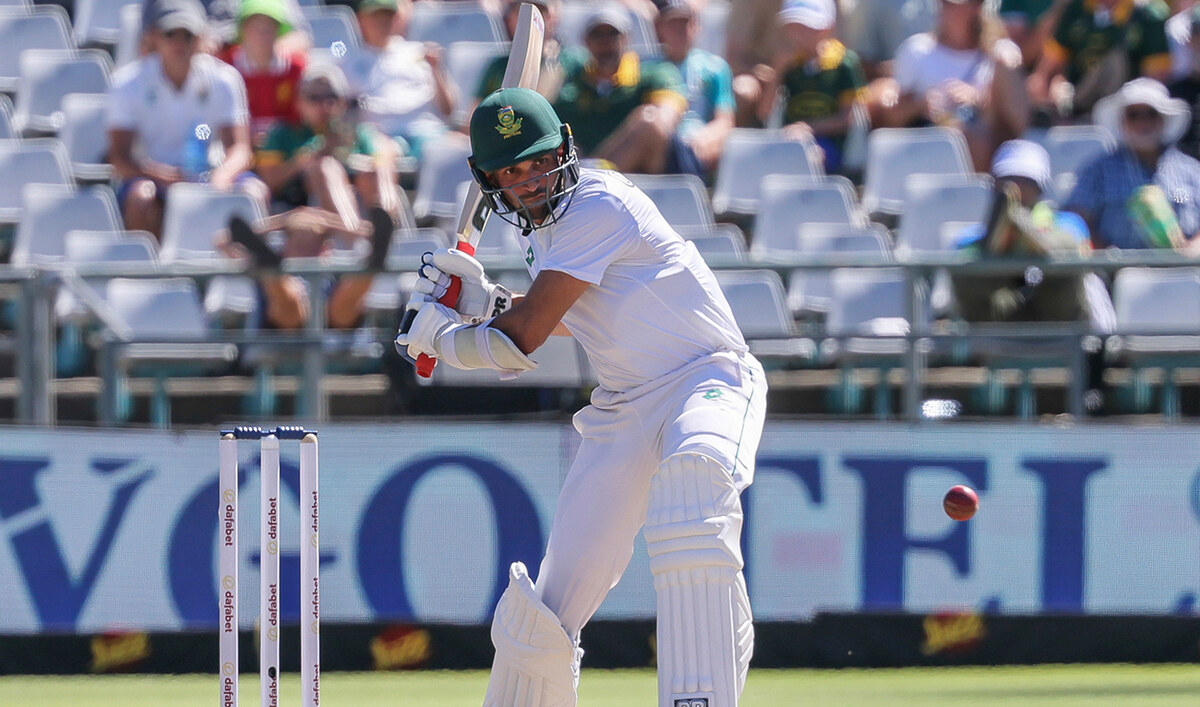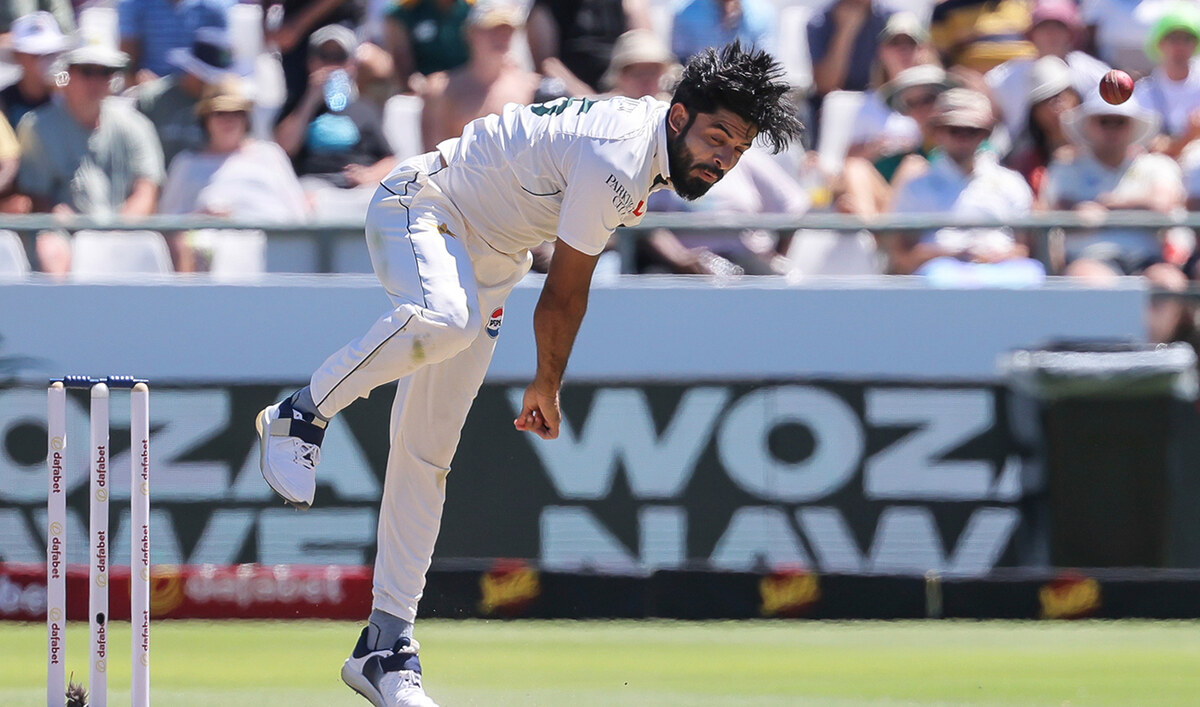ISLAMABAD: Out of the $9.7 billion pledged by the international community at a recent climate conference in Geneva, more than $8 billion were project loans to support the reconstruction and rehabilitation activities carried out by the country, said Pakistan’s finance minister Ishaq Dar in a news conference on Wednesday.
Prime Minister Shehbaz Sharif and United Nations Secretary-General Antonio Guterres co-chaired a day-long international conference on “Climate Resilient Pakistan” in Geneva, Switzerland, on Monday. The event was attended by officials and representatives from nearly 40 countries, international financial institutions, foundations, and funds, both in person and virtually, to discuss the post-flood situation in the South Asian state.
Dozens of countries and international institutions also pledged $9.7 billion during the conference to help Pakistan deal with the aftermath of floods which the UN chief called “a climate disaster of monumental scale.”
Dar, who was holding a joint news briefing along with the prime minister and his other cabinet colleagues, said the government had already decided it would bear half of the overall rehabilitation cost before going to Geneva.
“The planning ministry and our development partners had discussed during our internal needs assessment that Pakistan would require $16.3 billion for post-flood reconstruction and rehabilitation,” he said. “But the premier had already decided that we would take care of half of the total expenditure to give a message to the world.”
Providing a breakdown of the pledges, the finance minister said the project loans from different financial institutions, including the Islamic Development Bank, the Asian Development Bank, the Asian Infrastructure Investment Bank, and the World Bank amounted to $8.15 billion.
“The project loans will cover more than $8 billion out of the pledge of $9.7 billion,” he continued, adding the rehabilitation and reconstruction plan would be spread out over a period of three years.
“Our own contribution would be Rs650 billion per annum for three years, for which the federal and provincial governments will pitch in together,” he said.
Dar added he was not including Saudi Arabia’s pledge of $1 billion in the $8.15 billion worth of project loans since it was not clear whether the kingdom wanted to lend the amount as a project loan or fund program to the country.
Of the total funds raised at the conference, the Islamic Development Bank Group pledged $4.2 billion, the World Bank announced $2 billion, Asian Development Bank $1.5 billion, and Saudi Arabia pledged $1 billion.
Shedding light on the economic situation of the country, Dar said the government recently held a detailed meeting with the International Monetary Fund (IMF).
“They (IMF) think that we should take some fiscal measures, like if there are some un-budgeted subsidies,” he said, adding the latest discussion had narrowed down the issues on the IMF’s agenda.
“We will achieve all our budgetary targets,” he added.
A ninth IMF review to clear the release of the next tranche of funds to Pakistan has been pending since September last year, as the country faces severe economic crisis with its central bank foreign reserves falling to a critical level of below $5 billion.
Dar said that the IMF had taken up the subsidies in the export, farmers sectors, and the energy reforms, adding: “We will do it but it wouldn’t burden any common man, it will be very targeted and categorical.”
The minister did not elaborate on whether the subsidies would be cut or withdrawn altogether, saying it would be worked out and adding that the gas sector debt would be reduced from the dividends of the companies.
The IMF approved the seventh and eighth reviews of Pakistan’s bailout program, agreed in 2019, together in August to allow the release of more than $1.1 billion. Pakistan secured a $6 billion bailout in 2019, which was topped up with another $1 billion last year.
With additional input from Reuters























